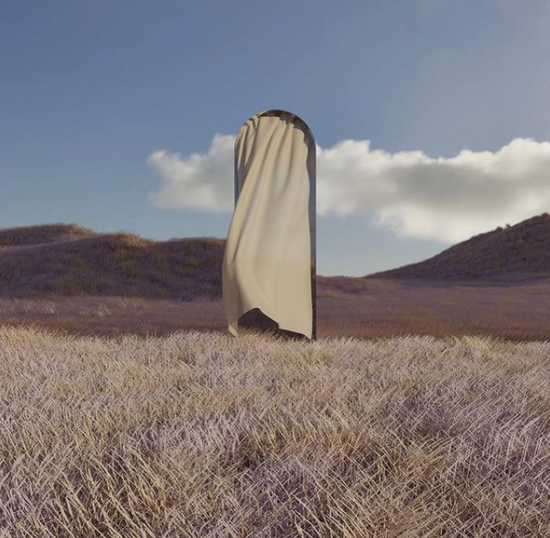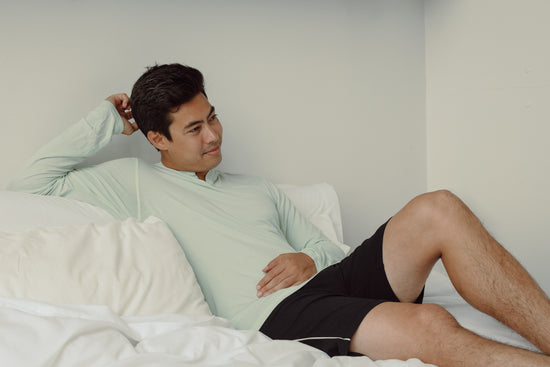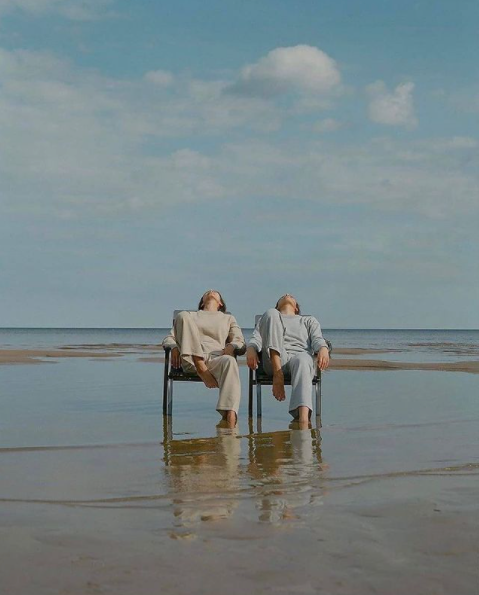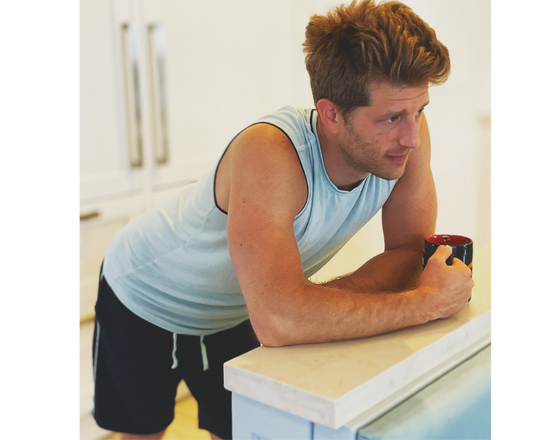Do blue light blocking glasses really work?
You're staring at a screen right now to read this, and if you’re like most of us, you probably have been looking at screens for most of the day. What you may not realize, is that all that screen time may be affecting your sleep, especially when you’re looking at screens in the evening before bed.
Screens emit blue light--this is part of the light spectrum that is found in natural sunlight. It’s good to be exposed to blue light through sunlight during the day as it tells your body that it’s daytime, and helps manage your circadian rhythms.
However, we’re now exposing ourselves to a lot of artificial blue light through the phones, computers, tablets and TVs we look at. When you do this at night, the blue light from these gadgets tricks your brain into thinking it’s day time, which research shows can negatively impact your sleep quality.
There are a few ways to combat this. One is of course to simply turn off the screens in the evening (who are we kidding, that’s not happening). Most phones and tablets today have a setting that will allow you to decrease the blue light after a certain time, but this often only reduces the blue light slightly, with a lot still getting through.
Enter blue light blocking glasses. These have become wildly popular recently as people look for ways to improve their sleep, and reduce eye strain during the day (though the evidence on reducing “eye strain” with blue light blocking glasses is far less conclusive than the evidence supporting their role in improving sleep).
What are blue-light-blocking glasses?
Blue light glasses are eyewear that feature a special coating or lenses that filter out the amount of blue light that gets to the retinas. These glasses can be clear, orange tinted, or have an amber or red tint. Generally, the darker the orange tint, the more blue light they block.
Do blue light glasses work, or are they just hype?
Blue light glasses are typically used for two reasons: to alleviate eye strain from looking at screens, and for helping improve sleep quality. While many people claim blue light blocking glasses help them alleviate symptoms of digital eye strain like headaches, fatigue and dry eyes, the research isn’t conclusive on this, at least not yet. The American Academy of ophthalmology maintains that blue light from digital devices doesn't cause eye strain; instead it’s just the overuse of the devices that’s causing the eyestrain.
However, there is strong empirical support showing that blue light blocking glasses can help you sleep better. The blue light emitted from LED devices prevents the natural production of sleep-inducing melatonin. By wearing these glasses when working or scrolling at night before bedtime, you can significantly improve the quality of sleep. Even if you’re able to fall asleep after looking at screens, you still may not be getting as much of the deep restorative REM sleep as you could be.
The right pair of blue light glasses
Not all blue blocking glasses are created equal. Many brands, especially those with clear lenses, only block a small amount of blue light, often only around 30%. Some orange-tinted glasses block more, often 60-70%.
Ideally, you don’t want to be exposed to any blue-light once the sun sets, as any blue light can interfere with your body’s natural sleep-wake cycle and melatonin production. This is why our Bedfellow Blue Light Evening Glasses block 100% of blue light. This way, if you are going to be scrolling, working, or watching videos in the evening, at least you’ll be able to get some good sleep after (and look good while doing it).
So grab some blue light glasses, turn off the screens, and get the deep sleep your body needs.
Sleep well,
Bedfellow
 Daryl Weber
Daryl Weber









